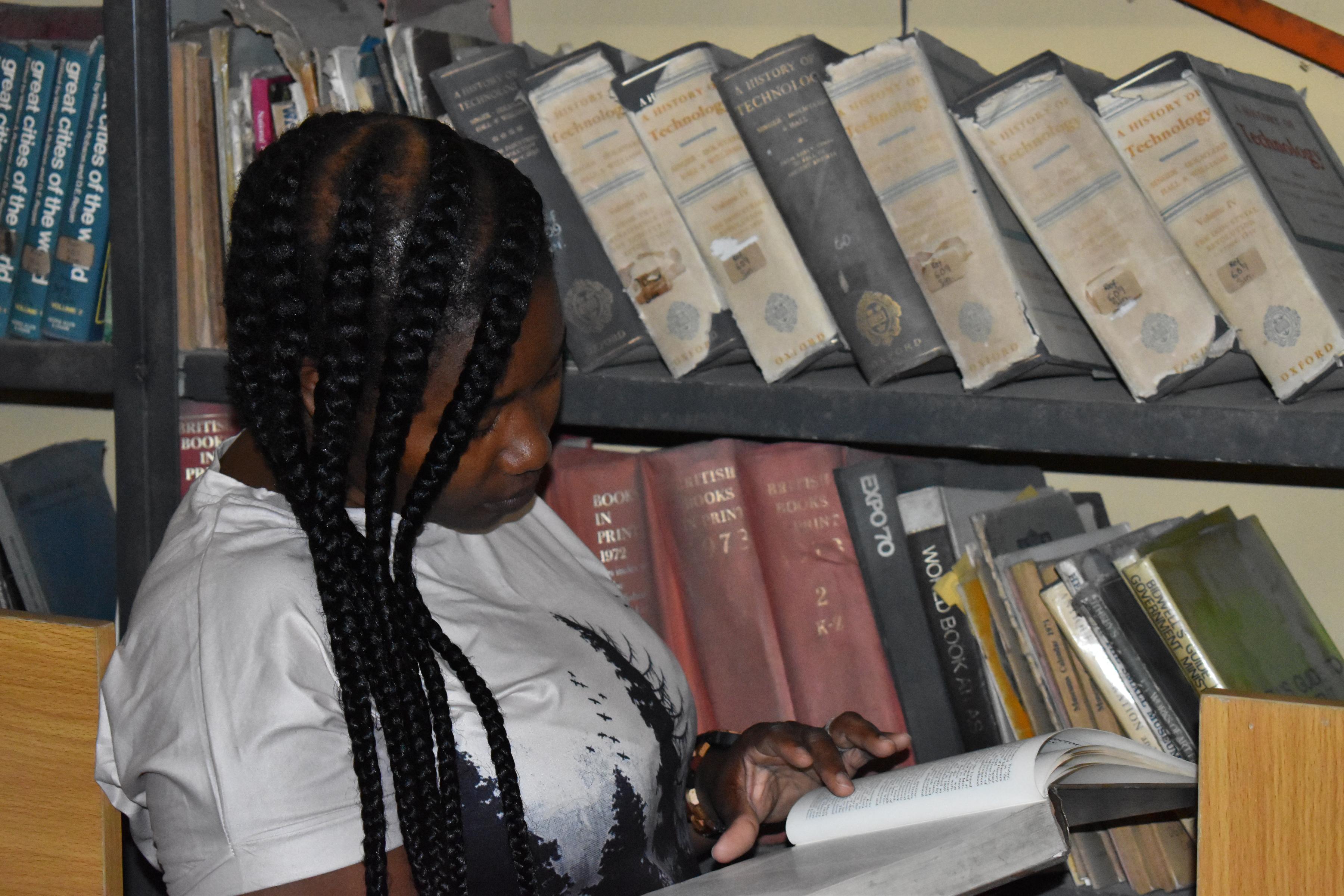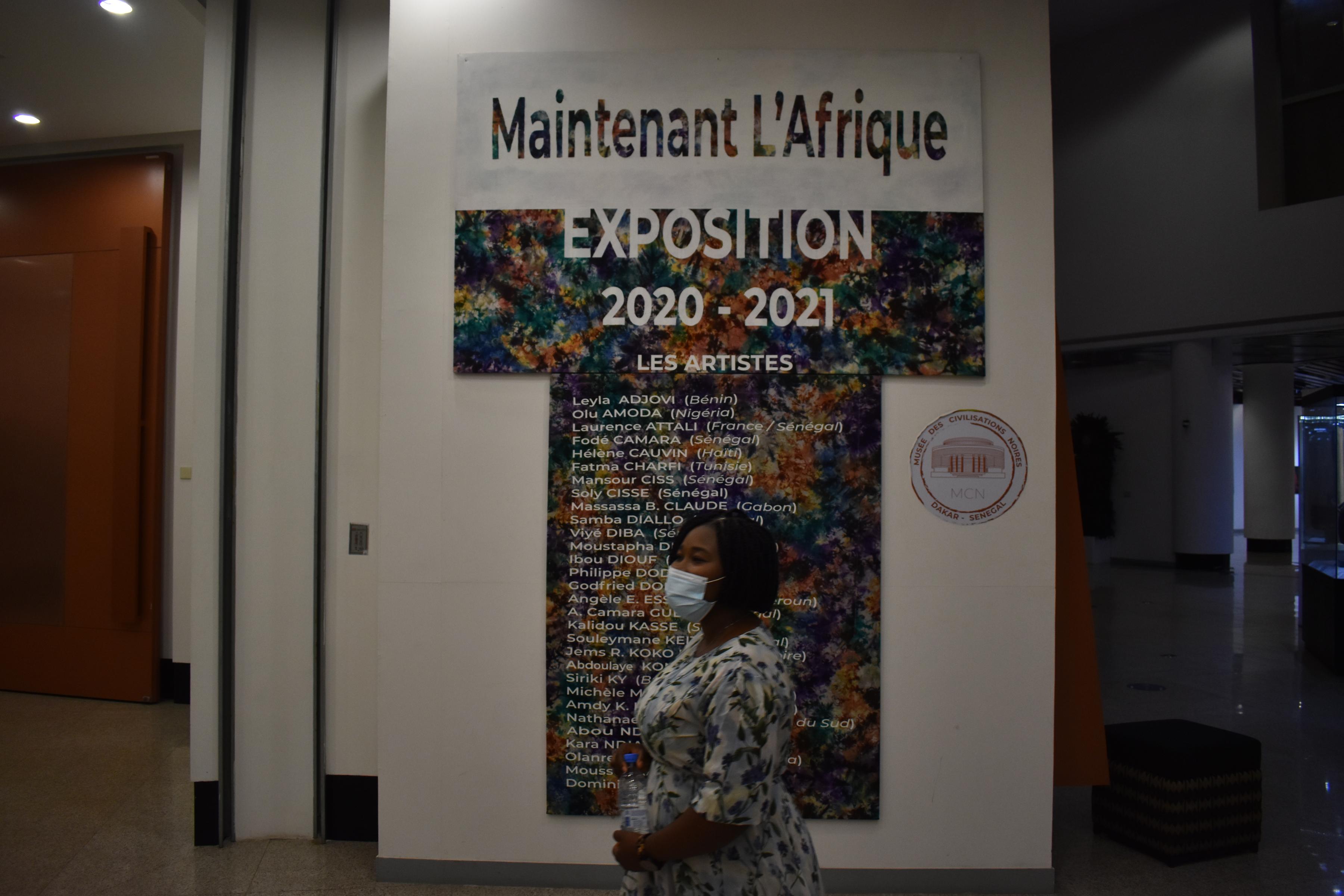Titilope Onolaja
As a public scholar, I believe my research is not meant only for the four walls of the university, but for the public whose interests inspired the research in the first place. Public scholarship must be accessible and relevant to the public for the work to attain its full potential.
Research description
My research is a comparative analysis of museum policies in Anglophone and Francophone West African countries. Specifically, I am examining how Nigerian and Senegalese museums are decolonizing, moving away from the policies established during their colonial years to engaging contemporary issues that are more relevant to their immediate environments. It has two main objectives:
- it compares the operations of the British and the French colonialists in West Africa in terms of cultural preservation and observe if these operations have been instrumental in the current activities of Nigerian and Senegalese museums,
- it investigates the relevance of Nigerian museum practices in the 21st century by comparing the National Museum Lagos, Nigeria with Musée des Civilisations Noires, Senegal.
This is because, the Senegalese Musée des Civilisations Noires appears to be engaging with more contemporary issues of identity, while Nigerian museums seem to be stuck in their colonial past. My argument is that museum policies in Nigeria need to be scrutinized and re-imagined to address contemporary, post-colonial concerns.
What does being a Public Scholar mean?
As a public scholar, I believe my research is not meant only for the four walls of the university, but for the public whose interests inspired the research in the first place. Public scholarship must be accessible and relevant to the public for the work to attain its full potential.
In what ways do you think the PhD experience can be re-imagined with this Initiative?
The Public Scholars Initiative would make the PhD experience a more fulfilling one. Personally, it would be interesting to know that my dissertation would not just be sitting in the university library among countless other dissertations, where it would most likely be inaccessible to a larger populace, but that the idea of the research would be out in the public, doing what it proposes to do and making significant changes.
How do you envision connecting your PhD work with broader career possibilities?
My PhD, with my teaching and curatorial experiences make me more suitable for cultural institutions including universities. I would love to engage in African art curatorial projects with museums and art galleries. In addition, I am open to working and collaborating with policy-making organizations, especially in establishments that focus on equity, decolonization and repatriation.
How does your research engage with the larger community and social partners?
Colonial museums worldwide, particularly in Africa will benefit from this research. By introducing public voices into museum operations, I believe museums will be able to build a better integration with the communities at stake and have first-hand information and directives on the steps to take where decolonization is concerned. Although, my PhD focuses mostly on the National Museum Lagos, Nigeria and Musée des Civilisations Noires, Senegal, the museum-community engagement activities that the research unfolds are useful to other museums. Therefore, I am open to more collaborations.
Why did you decide to pursue a graduate degree?
I was fortunate to be retained by my former institution as a Graduate Assistant after my undergraduate degree due to my academic excellence, but the appointment was with the condition of getting a MA and a PhD. However, even though PhD has always been part of my plan, the need for the degree became more pressing during my MA, when I investigated the collections of selected private art collectors in Nigeria. I discovered during my data collection that many of Nigeria’s art worthy of documentation and visibility were in private collection and were only accessible to family members and close friends. The effect of this was inadequate documentation of modern and contemporary Nigerian arts, and by extension, a huge gap in knowledge about African museum operations, decolonization and repatriation histories. Instead, existing scholarship is more focused on material objects (especially archaeological finds), crafts, and superficial explorations of contemporary Nigerian arts and artists.
Why did you choose to come to British Columbia and study at UBC?
I chose UBC because it provided me with enormous research resources, primarily because of its outstanding library collections such as the First Nations, Anthropology, and Women’s Studies among others, which created wider research possibilities and options. The work of my supervisor, Professor Anthony Shelton, also motivated me to choose UBC. His experience as the immediate past Director of the UBC Museum of Anthropology (MOA), his curatorial experiences at the British Museum and the Horniman Museum, and his particular interest in African visual culture have had a significant impact on my research. In addition, the Department of Art History, Visual Art & Theory has faculty members who are well-grounded in the museum and curatorial studies. Having taken courses with a number of professors, I am even more convinced that I made a good choice. The department also organises yearly conferences and symposia, lectures and artists’ talks which enable educative interactions with colleagues and visiting curators and artists.
A public scholarship must be accessible and relevant to the public for the work to attain its full potential.






